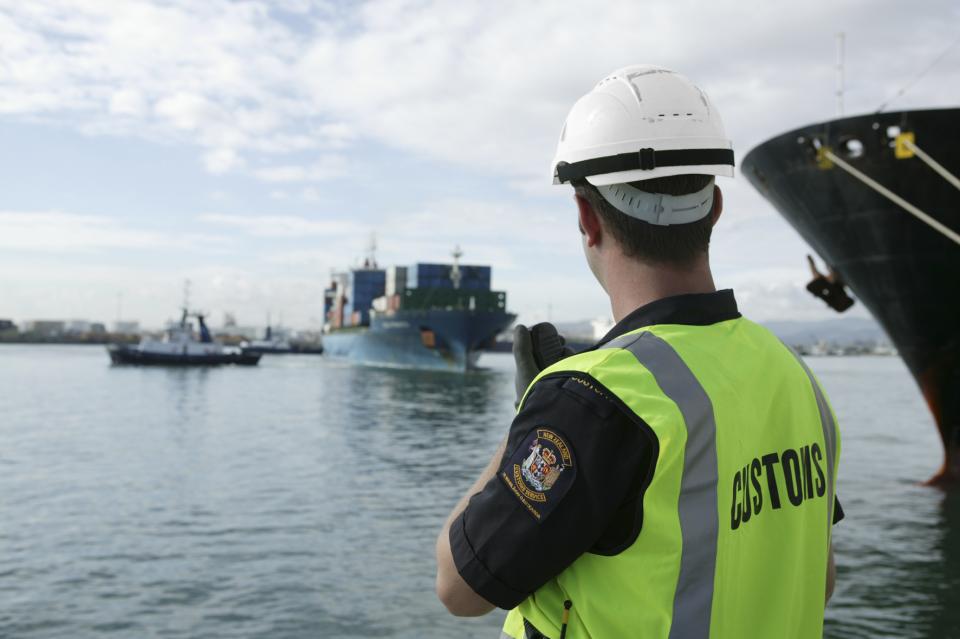The Government is freezing charges at the border in an attempt to help export and import businesses and protect jobs.
A new fee regime for exporters and importers due to come in on 1 June has been put on hold for at least 12 months. By freezing the fee increase, the Minister of Customs Jenny Salesa says:
- 70,000 importers and potentially millions of customers will benefit by not seeing border fees on products rise by 13%, or $3.77 per import entry;
- six million low-value (under $1,000 each) exports and 11 million low-value imports that are airfreighted every year won’t see any additional charges put on them;
- Kiwi exporters and importers will keep $5 million that they would have otherwise paid in fees, which they can use to retain staff and secure their businesses during COVID-19.
“We’re looking at everything we can do to support jobs by helping businesses bounce back from COVID as quickly and strongly as possible. Putting these fee rises on hold is the right thing to do.” said the Minister in a statement to the media.
The Government will, however, implement a pro-business part of the new fee regime: businesses will no longer need to provide Customs with a $5,000 security when they request the detention of goods that might infringe their intellectual property rights.
“Customs detains goods at the border that infringe a trade mark or copyright, to give copyright holders an opportunity to take court action. In 2017, for example, Customs detained cereal boxes that breached the ‘Weet-Bix’ trade mark, enabling Sanitarium New Zealand to take successful court action against the importer.”
“While the security is a bond, the money isn’t used and really just creates an unnecessary financial barrier for some small businesses trying to protect their intellectual property rights. By removing the $5,000 security the Government is able to help the cash flow management for those small businesses, as well as their ability to protect their rights.
“The Government has also agreed not to penalise businesses which are struggling to pay their duty on time – such as importers, customs brokers and excise manufacturers – by agreeing to remit or refund compensatory interest and late payment penalties. This could be for businesses as large as a motor vehicle importer, or as small as a boutique retail shop.
“COVID-19 is significantly impacting the cashflow of New Zealand businesses, and we are trying to do everything we can to support them to bounce back. Where firms can’t pay duties on time, the Government will support those businesses to remain viable – giving them the space to recover financially, and then pay the duty they owe without interest and payment penalties.
“There are over 10,000 businesses who regularly defer their payments to Customs to assist with their cashflow management, 934 of which are excise manufacturers, such as boutique breweries and wineries. If there are businesses struggling to pay duties to the Government due to COVID-19, they should reach out to Customs and use this interest-free deferral as soon as possible.” said Jenny Salesa.
As at 30 April 2020, about 350 Customs clients had advised the agency that they could not make their duty payments on time, representing $85 million worth of revenue that Customs is working with businesses to see paid.
The financial assistance will apply to interest and penalties arising on or after 25 March 2020, and for up to two years.
Further information is available on the Customs website https://www.customs.govt.nz/covid-19/


